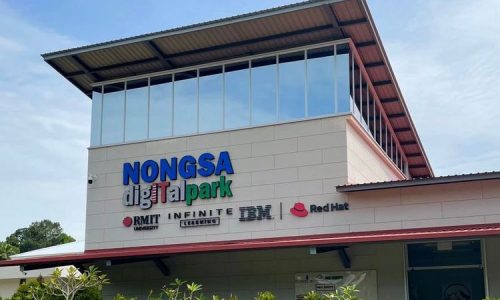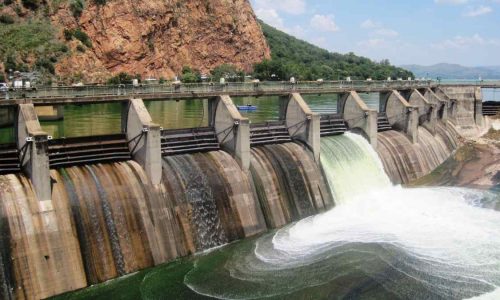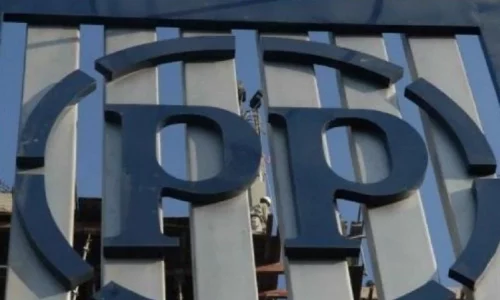The government is promoting the development of carbon capture and storage (CCS) hubs to reduce the investment costs of CCS facilities domestically.
The concept involves attracting downstream industries to be located close to each other as collective emitters to minimize the cost of transporting carbon within a carbon storage reservoir area. Thus, the transportation and storage costs of carbon can be minimized as much as possible.
“So, there are industries that emit and are close together, later transportation [of carbon] will be easier if they are close, using pipelines or shipping if offshore,” Belladona Troxylon Maulianda, Executive Director of the Indonesia Carbon Capture and Storage (ICCS), told a press conference in Jakarta on Tuesday, January 23, 2024.
Belladona said investment and operation costs of CCS domestically are currently high because Indonesia does not yet have the technology and manufacturing capacity to create the carbon capture facility supply chain.
The Ministry of Energy and Mineral Resources (ESDM) reported that the development costs of CCS are mainly influenced by CO2 capture activities, accounting for about 73 percent of the total cost. According to the Economic Research Institute for ASEAN and East Asia (ERIA) study, the cost of capturing carbon dioxide (CO2) is approximately US$45.92 per ton, and storage is around US$15.93 per ton.
“That’s why it’s necessary to find domestic industries to support the entire value chain, so one of the economic benefits of CCS can be to foster new industries and lower technology costs,” said Belladona.
Meanwhile, a research by the Boston Consulting Group (BCG) reveals that the CCS market value is projected to reach US$134 billion by 2030, derived from storage, transportation, and carbon capture activities. Furthermore, the CCS transaction value is estimated to soar to US$440 billion by 2040, a 26 percent increase from the 2020 level of US$4 billion.
As previously reported, Minister of Energy and Mineral Resources Arifin Tasrif revealed that many top-tier oil and gas companies, such as BP, ExxonMobil, and Chevron, want to become operators of several carbon storage reservoirs in Indonesia. Arifin stated that the interest of several global oil and gas companies was sparked by the significant carbon storage capacity from several depleted oil and gas fields.
Based on studies conducted by Lemigas at the Ministry of Energy and Mineral Resources, Indonesia has a storage potential of approximately 2 gigatons of CO2 in depleted oil and gas reservoirs spread across several areas, and about 10 gigatons of CO2 in saline aquifers in West Java and the South Sumatra Basin. Other studies, conducted by ExxonMobil, estimate a much larger storage potential of around 80 gigatons of CO2 in saline aquifers, while a study by Rystad Energy estimates over 400 gigatons of CO2 in Indonesian oil and gas reservoirs and saline aquifers.
“We can engage in trade, if you want to store, you pay, for example, Japan, Korea have programs to store 100 million tons of liquid CO2 every year, if carbon prices are estimated at US$60 to US$100 per year, we can potentially earn foreign exchange from those 400 gigatons,” Arifin said.
Furthermore, Arifin added that Indonesia has the potential to utilize only 25 percent of the carbon storage reservoirs until 2060. The rest, he said, can be used as hubs for trading with several other countries that lack such facilities.









